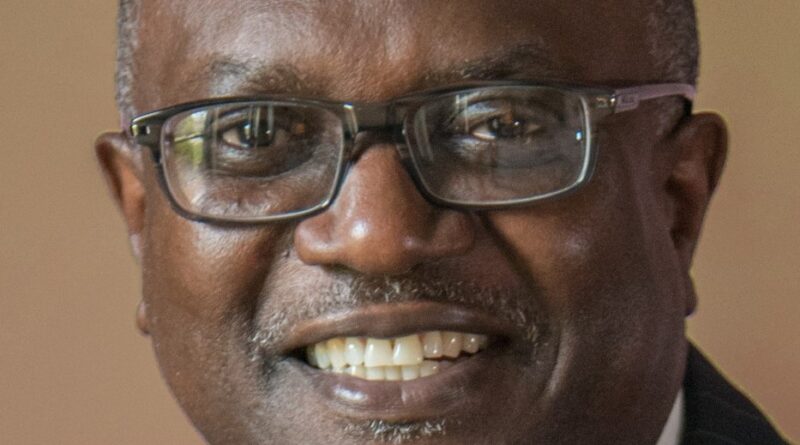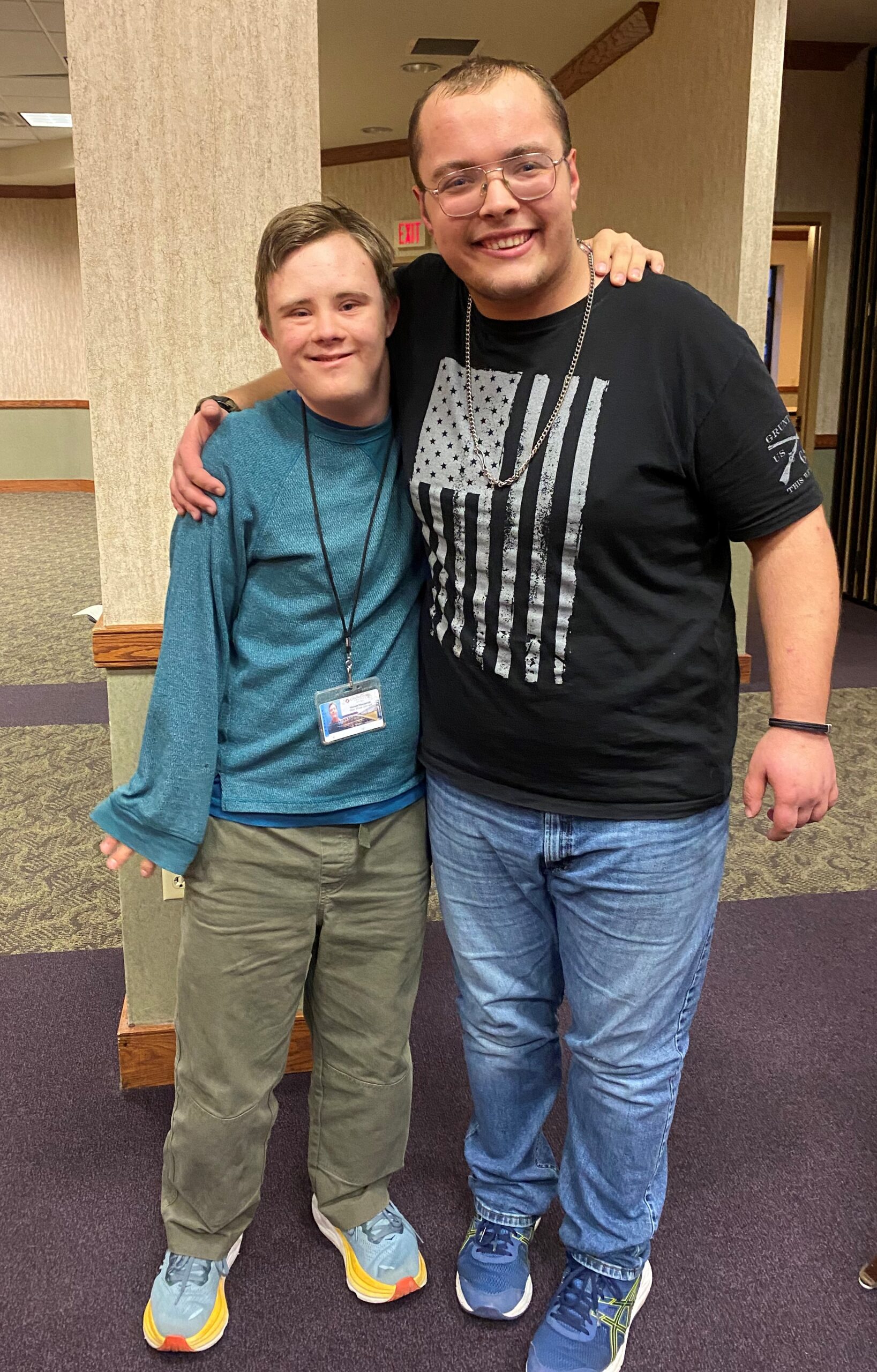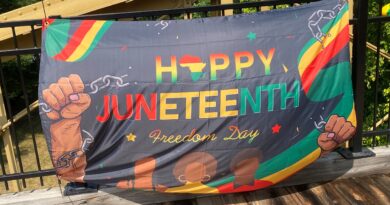Juneteenth: America’s 2nd Independence Day

By Joseph Robinson Jr.
Special to The Knightly News
On Jun 17, 2021, President Biden signed into law the bill establishing Juneteenth as the nation’s 11th National Holiday, something that had not occurred since the establishment of MLK Day in 1983, signed into law by then-President Reagan.
But what is Juneteenth and its significance? And why is it considered by some our second Independence Day?
First of all, the word itself is a portmanteau, combining “June” with “19th,” in acknowledgement of the announcement to slaves in Texas on June 19, 1865, that the Civil War had ended, and that they were henceforth free citizens. The significance of this event is twofold: one, the Civil War had ended on April 9, 1865, and two, the Emancipation Proclamation had been issued two years prior, on Jan. 1, 1863. Inasmuch as the Proclamation had freed all slaves in Texas and the other slaveholding states, that news was either unknown to remote Texas, far from Washington, D.C., or it was known by Texas slaveholders who chose to ignore it because there was little to no Union Army presence in Texas to enforce it.
When Union General Gordon Granger arrived in Galveston, Texas, to read General Order #3, even then some slaveholders delayed conveying the news to their slaves until after that season’s crops had been harvested. In the event you’ve never read General Order #3, it said:
“The people of Texas are informed that, in accordance with a proclamation from the Executive of the United States, all slaves are free. This involves an absolute equality of personal rights and rights to property between former masters and slaves, and the connection heretofore existing between them becomes that between employer and hired labor. The freedmen are advised to remain quietly at their present homes and work for wages. They are informed that they will not be allowed to collect at military posts and that they will not be supported in idleness either there or elsewhere.”
After 240 years of forced, uncompensated labor, 4 million enslaved Black people, including 250,000 in Texas, were finally free. To them, this was the real Independence Day and has been celebrated in Texas since 1866, initially in the capital city of Austin. Some even say that the full Independence Day for Blacks occurred Dec 6, 1865, with the adoption of the 13th Amendment to the Constitution. The distinction may seem trivial to some, but the hypocrisy of subjecting 4 million enslaved to a national celebration on July 4 was illuminated by Frederick Douglass, who was once asked to speak on that day in 1852, more than a decade before the end of slavery as we know it. He titled his speech, “What, To the American Slave Is Your Fourth of July?”
He asked, “Fellow-citizens, pardon me, allow me to ask, why am I called upon to speak here to-day? What have I, or those I represent, to do with your national independence? What, to the American slave, is your 4th of July? I answer; a day that reveals to him, more than all other days in the year, the gross injustice and cruelty to which he is the constant victim.”
So, what does Juneteenth mean for the nation? As one writer eloquently concluded, “For those new to the holiday, especially white Americans, Juneteenth can serve as an important moment of reflection on American history. As a commemoration of a belated announcement of freedom in tandem with a celebration of the richness of Black history in this country, Juneteenth encourages a confrontation of the contradictions inherent in America. As a second Independence Day of sorts, Juneteenth is a reminder of the important contributions Black people have made to this nation, but also the enduring struggles of those same people. There is certainly more work left for the nation to achieve the full equality promised at its founding.
Robinson is president of Harrisburg’s Martin Luther King Jr. Leadership Development Institute, a member of the Central Penn College Board of Directors and a member of the college’s President’s Commission on Diversity and Inclusion.
This article appeared in “Central Station,” the employee e-newsletter of Central Penn College. The Knightly News thanks Central Penn and Robinson for permission to publish it.




